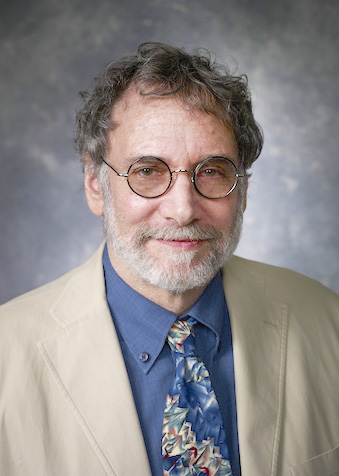
“What makes this conference unique is its small size and our ability to invite absolutely the best publishers in the world,” said Dr. Todd Sandler, director of the Center for Global Collective Action.
Twenty terrorism scholars from around the world will gather at The University of Texas at Dallas this week to network with fellow contributors to the study of terrorism and policy.
The Terrorism and Policy Conference will be Thursday and Friday. It marks the sixth academic terrorism conference hosted by the Center for Global Collective Action since 2007.
Conference organizer Todd Sandler, the Vibhooti Shukla Professor of Economics and Political Economy, directs the center, which is located in the School of Economic, Political and Policy Sciences.
“The main purpose of the conference is to give UTD a lot of visibility, especially since in both economics and political science, we have a number of researchers who work in terrorism,” Sandler said.
Senior and junior academics will share insights and arrange future collaborations during the workshop. This year, Sandler said, the event has more of an international focus than in years past, bringing in perspectives from around the world.
Attendees are visiting from as far as Jerusalem, Spain, the United Arab Emirates, England, Switzerland and Germany, as well as from institutions throughout the United States, including Yale University, Pennsylvania State University and Princeton University.
About the Center for Global Collective Action
The Center for Global Collective Action coordinates research and educational efforts in the study of global collective action, which is when two or more countries must coordinate actions to achieve a mutually desirable outcome that cannot be achieved by either country acting alone.
The center’s goals are to identify mentors and to assemble researchers in this area, conduct workshops and short stays for scholars in residence, and advance publication of publicly beneficial research on global collective action.
“What makes this conference unique is its small size and our ability to invite absolutely the best publishers in the world,” Sandler said, “along with the junior scholars, who will become the best publishers in the world. I really like the cross-fertilization that happens. We open it up to any of our graduate and undergraduate students in the University who want to come and any faculty who want to come.”
Participants will present 15 papers on exploring terrorism and policy using empirical methods, such as time series and panel estimation models.
One paper takes the first look at the long-term relationship between terrorism and fertility and whether the stress of a terrorism-plagued environment decreases birth rates over time. Another study examines the effectiveness of Interpol’s surveillance systems at borders in curbing transnational terrorism. A third explores the determinants of terrorist groups’ location choice.
Each year, selected papers from the conference are refereed for inclusion in a special issue of a journal, which Sandler said adds long-term exposure for the University. This year’s special issue will appear in the Oxford Economic Papers, a general economics journal.
“Terrorism as a topic is occupying more and more space in journals,” Sandler said. “To be able to reach out to many of the very best people publishing in the area is very exciting.”